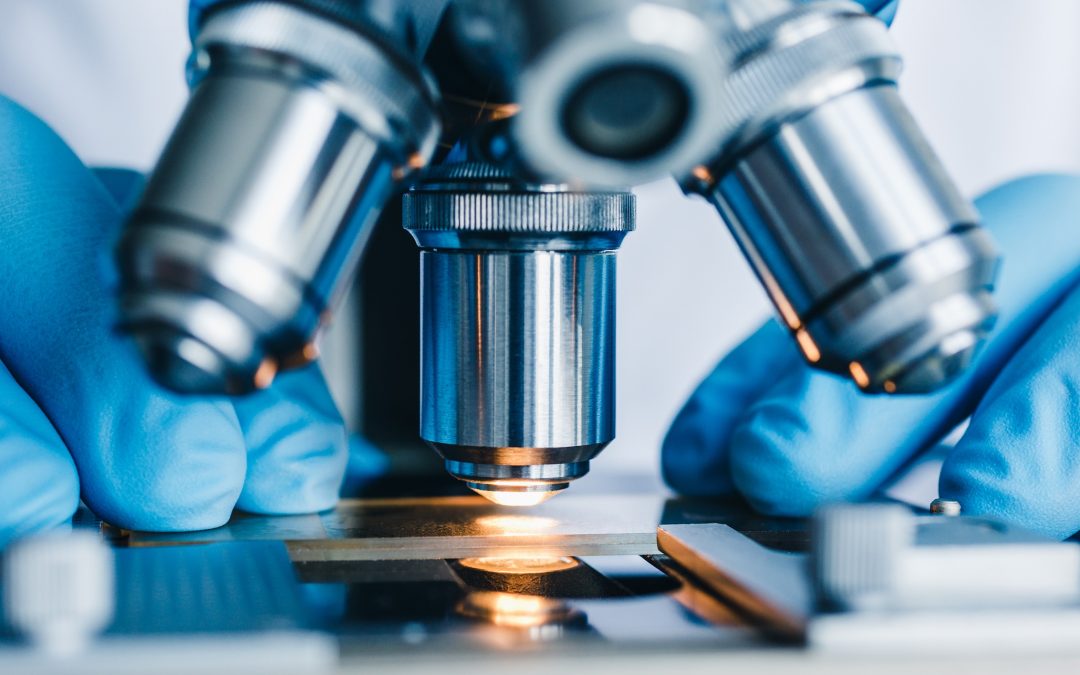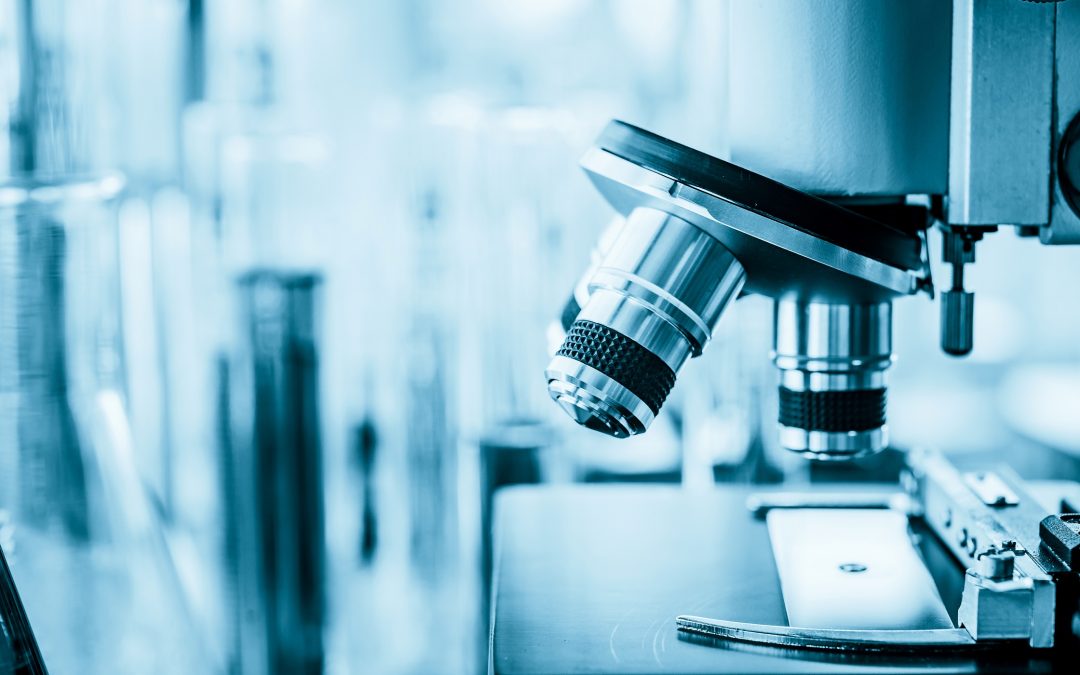How Do Different Types of White Blood Cells Work?

AHCC is an immune-regulating compound which can help protect your immune system both when it is functioning well and when it is not. That is, it can protect you from getting sick as well as tackle the factors which can cause you to be sick.
The primary reason AHCC is so powerful is that it works naturally with the body’s innate immune system. Numerous studies have shown that AHCC has the ability to promote and stimulate significant positive changes in the immune system.
HOW THE IMMUNE SYSTEM WORKS
PART 1:
The innate immune system provides an immediate but non-specific response to anything that attempts to invade the body. This part includes the skin, and mucus membranes, such as those found in the throat, nose and eyes, which serve to prevent germs from entering the body through those pathways.
PART 2:
The adaptive immune system is activated by the innate response. Unlike the innate immune system, which is generic and non-specific (treating all types of invaders the same) the adaptive immune system adapts during its response to an infection to attack it more effectively.
This adaptation is remembered in the form of an immunological memory, which allows the adaptive system to mount an even stronger defense more quickly the next time that particular pathogen, or invader, is recognized.
WHAT ROLES DO DIFFERENT TYPES OF WHITE BLOOD CELLS PLAY?
Essentially, white blood cells are the armed guards of the immune system.
They play a role in both part 1 and part 2 of the body’s immune system. White Blood Cells differ from other types of cells in that they are not closely associated with a particular organ or tissue, instead monitoring and often travelling the body for invaders—bacteria, viruses, toxins, parasites or other germs—that have made it into the body.
White blood cells also check for cells that may have mutated and become abnormal, such as those that may be cancerous.
This is a huge job—which is why a healthy adult human has between 7,000 to 25,000 white blood cells in each drop of blood (Science Daily).
WHAT IS INVOLVED IN AN INNATE IMMUNE RESPONSE?
There are four primary players that are involved in the body’s innate immune response that each has a role in the body’s non-specific immune response; three of these are specialized types of white blood cells.
Cytokines:
Cytokines are chemical messengers; they are protein molecules actually secreted by other cells to help those cells communicate and coordinate an immune response.
Natural killer (NK) cells:
A type of white blood cell (WBC), natural killer cells recognize and destroy infected or abnormal cells by injecting granules into the “bad” cells, causing them to explode.
Macrophages:
Macrophages literally mean “big eaters” in Greek; another type of white blood cell, Macrophages engulf and ingest bacteria and cellular debris, thereby destroying it.
Dendritic cells:
Dendritic cells are found in tissues that come into direct contact with the world around us, such as the skin and the inner lining of the nose, lungs, stomach and intestines.
Another type of white blood cell, they serve as the link between the innate and adaptive immune systems; once activated, they move to the body’s lymph nodes where they interact with T cells and B cells to initiate and shape the body’s adaptive immune response.
WHAT IS INVOLVED IN AN ADAPTIVE IMMUNE RESPONSE?
We are born with certain natural immunities, acquired from our mothers during development. Vaccines are another way that the body acquires immunity. Finally, other immunities are developed when we encounter various types of disease during our lifetimes.
All of these rely upon the adaptive immune system and B and T cells.
Two different types of white blood cells, both B cells (which mature in bone marrow) and T cells (which mature in the thymus) are able to recognize previous invaders, triggering specific responses that have been previous proven to destroy that particular invader.
HOW AHCC IMPACTS DIFFERENT TYPES OF WHITE BLOOD CELLS (AND CYTOKINES)
These studies have shown that AHCC:
— Increases the production of cytokines
— Increases the activity of Natural Killer cells by as much as 300-800%
— Increases the populations of macrophages, in some cases doubling them
— Increases the number of dendritic cells
— Increases the number of T cells by as much as 200%
What do you do to prevent illness and to keep your immune system going strong? Share it in the comments!


